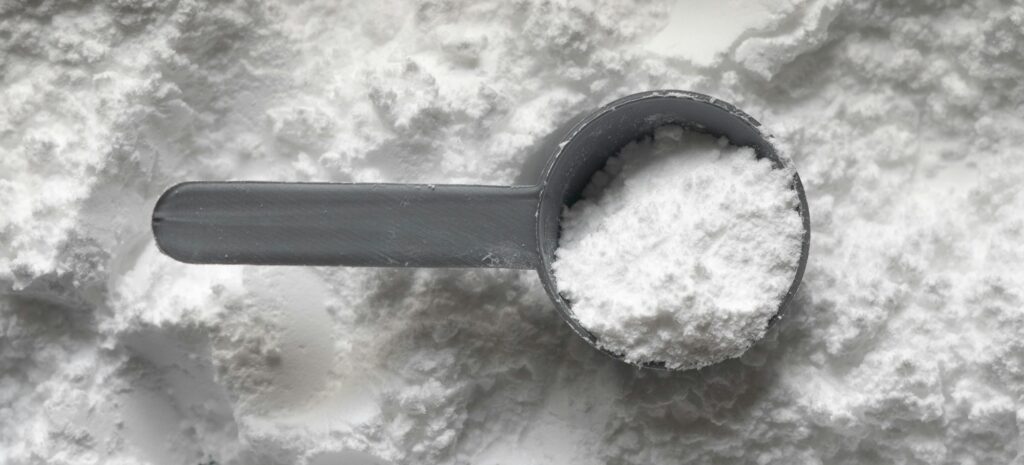Coffee is the ultimate source of energy and happiness for people, but it may not be ideal for your glucose metabolism. The caffeine in coffee elevates glucose levels by triggering cortisol, the stress hormone. When added to cold coffee, sugar can quickly absorb into the bloodstream and triggers hyperglycemia. Moreover, the presence of milk sugar lactose in milk coffee can also raise glucose levels. Hence, consuming coffee in control is advisable to maintain a balanced approach.
Resolving the ultimate coffee medley
• Consider shifting to decaffeinated coffee.
• Try adding black coffee to your diet instead of milk coffee, as it can help with glucose stabilisation.
• Consider replacing coffee with caffeine-free beverages such as herbal teas, chamomile tea, etc. It will help stabilize your glucose levels and control your caffeine intake.
According to a study, coffee intake has been associated with the parameters of glucose metabolism, including insulin and blood sugar levels. Also, people may notice their sugar levels going down to 70 due to caffeine leading to hypoglycemia. However, a 2016 meta-analysis and thorough review discovered that acute coffee consumption could lower insulin sensitivity in healthy individuals.







